Gardening Q&A
-
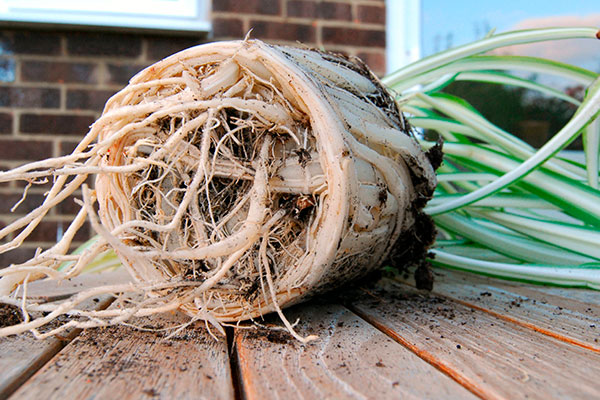
The gallon plants I bought at the nursery are jam-packed with roots, and there's hardly any soil. Will they grow?
If the roots are growing in circles, you have to unwind them or they will never grow into the soil. I am a bit brutal about cutting off the bottom inch or so of roots and making some slices along the sides of the root growth. You want to stimulate the plant into putting out new roots that will grow in your soil. While the plants are acclimating, keep them well watered, but not soggy. Sprinkling the leaves daily helps with water lost to transpiration.
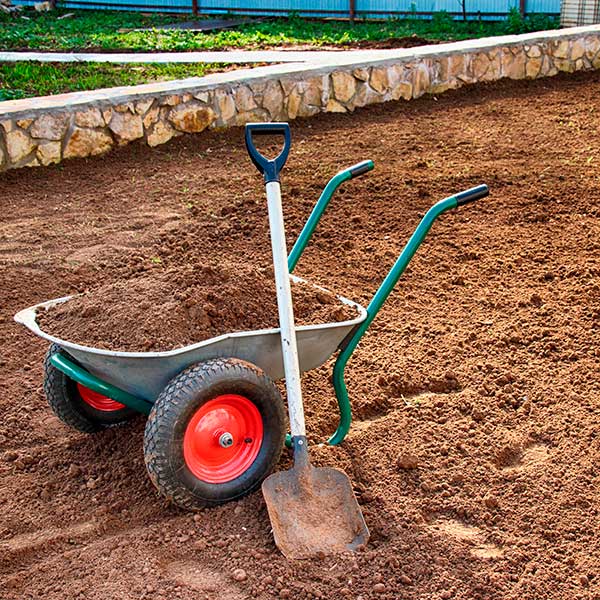
I've cleaned out the plants from my vegetable garden for the winter. Do I need to do anything else to be ready for next year?
Add compost to the soil. If fact, add compost every time you take out one crop and put in another. Many gardeners plant a cover crop for winter—fava beans, for example—and then turn the crop under in the spring to add nutrients to the soil. Do an online search for "cover crops" and you'll get plenty of advice.
It is good to let vegetable beds be fallow for part of the year. It's letting the soil get a rest. You might cover the soil with straw to keep the rains from pounding on it. However, a straw mulch comes with its own problems: You'll have wheat sprouting in the spring! Whatever you use for mulch, be sure to pull it away rather than turn it into the soil. You don't want the mulch stealing the nutrients as it breaks down.
-
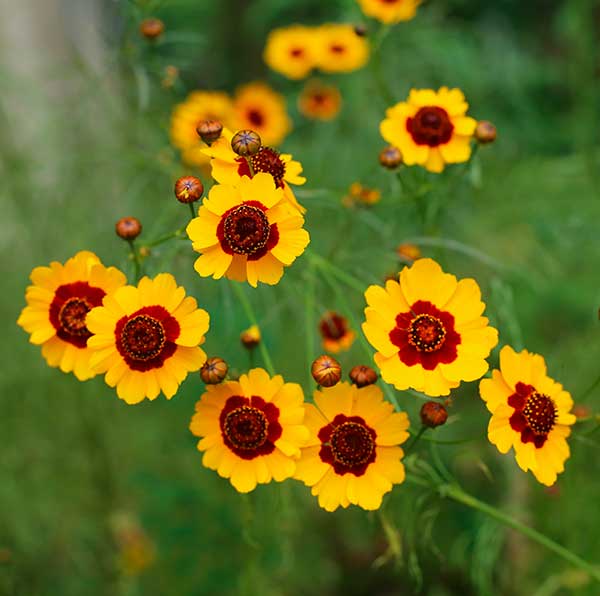
I want to have a garden full of perennials such as coreopsis, columbine, foxgloves and all of those wonderful flowers you hear about in cottage gardens, but I am on a tight budget. Can I plant them from seed?
Absolutely. And now is the time to plant seeds of those plants so you have nice, healthy starts to put in the garden this fall. There are two ways to go about this. First, you could buy a few of the plants you desire and let them go to seed. Either collect the seed as it ripens (the plant will be your guide) or let it fall where it may for new plants for next year. The second option is something I enjoy every year: browsing through seed catalogs. I do my ordering online, but find the most enjoyment in having a hard copy of a catalog and a cup of tea while it is stormy outside. Some of my favorites include Seeds of Change, Johnny's Selected Seeds, Abundant Life Seed Foundation, Seed Savers Exchange and J.L. Hudson. Also, don't forget the seed rack at your local nursery.
When you plant your seeds, use a good planting mix, keep the soil damp but not waterlogged and make sure the seedlings get plenty of sun once they germinate. Too little sun and they will be leggy; too much and they will burn. Morning sun is best. If you have sown them in flats, you'll have to pot them into larger containers once they get their first set of true leaves. If you have potted them in larger containers, they can stay there until it is time to put them in the ground.
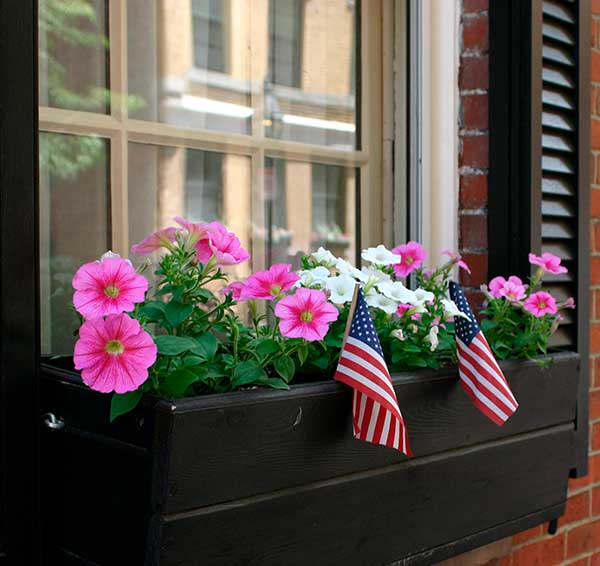
What kind of soil do I use for a window box?
Choose a planting mix that has plenty of compost in it. Avoid sterile mixes. Because a window box is like a pot and every time you water you are washing nutrients away, I'd add a time-release fertilizer to the mix.
-
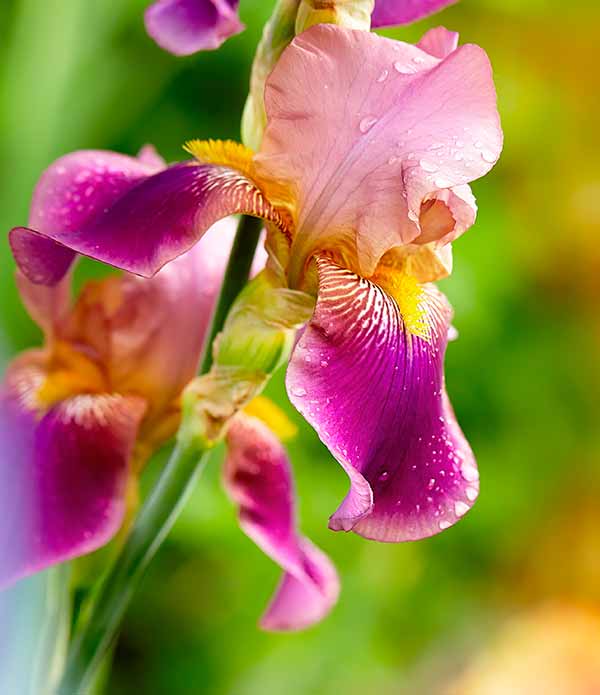
A friend gave me a bag of iris rhizomes last summer, and I forgot to plant them. I just found the bag, and the rhizomes look shriveled and dried up. Do I have to toss them out?
Amazingly, you do not. They may look desiccated and dead, but there is still plenty of life left in them. Get them in the ground and get them watered. You probably won't have any blooms this year, but by next year, those rhizomes will never remember they were neglected for months.
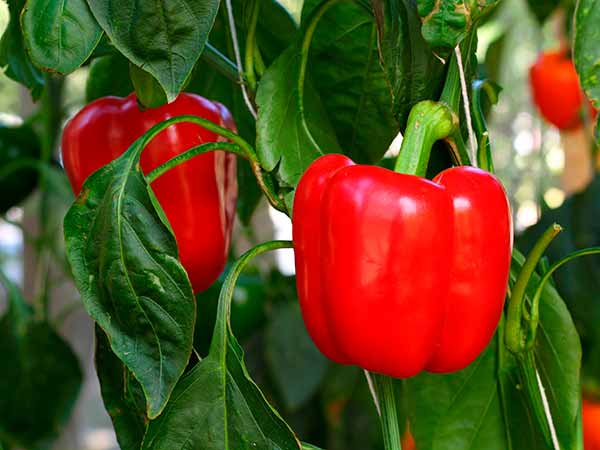
I've never planted a vegetable garden, but the house I just bought has a raised-bed vegetable garden. What can I plant?
Lucky you! Sounds like you are off to a good start. Most beginning vegetable gardeners plant everything and are usually successful. Really, the key is to plant what you like and what you will eat. Also, don't plant the whole garden at once. Get the tomatoes, squash, cucumbers and peppers in now, then visit the nursery again to see what new veggies and herbs they have to offer. Leave room for planting cauliflower and broccoli in August, garlic in October, and greens in the fall and spring. Your garden can become a never-ending source of fresh vegetables and herbs. Don't be afraid to try anything. I've always said you learn as much from failure as from success. Another tip: When you take a crop out, add compost before putting the next one in.

